
Rise of the robot vacuum cleaners
How to make sure a robot doesn’t spy on you, and can it function without internet access?
49 articles

How to make sure a robot doesn’t spy on you, and can it function without internet access?

This year’s Kaspersky NEXT event centred around AI, gender equality, and social robotics.
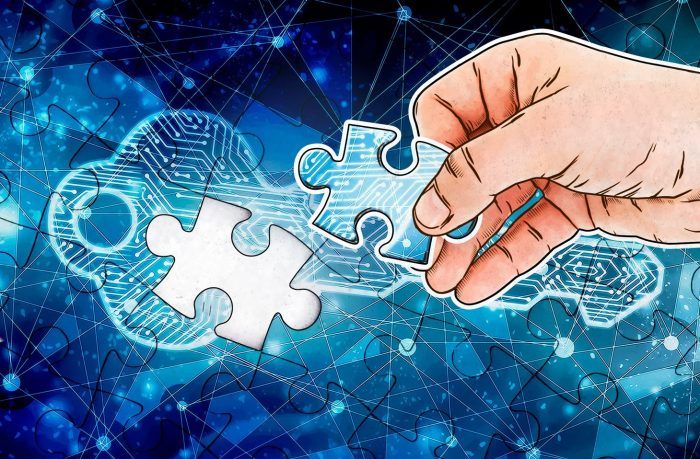
Victims of Yatron and FortuneCrypt ransomware can download a decryptor from the No More Ransom website to recover their encrypted files.

Crooks hacked telecom protocol SS7 to steal banking two-factor authentication codes.
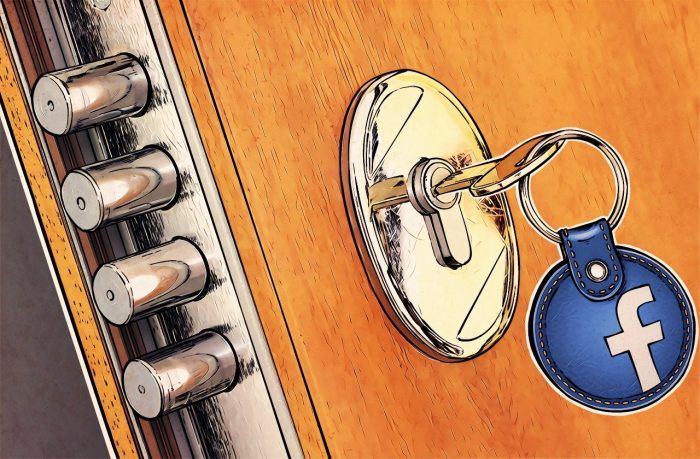
Facebook has been breached, and malefactors gained access to some 50 million accounts. We offer some quick tips for your safety.

In the Netherlands, the creators of one of the first ransomware cryptors are on trial, thanks largely to us.

A new ransomware outbreak is happening right now. Here’s what we know so far and what you can do to protect yourself from the threat.

Car hacking is a hot topic these days. Good news, everybody: Kaspersky now protects connected cars.
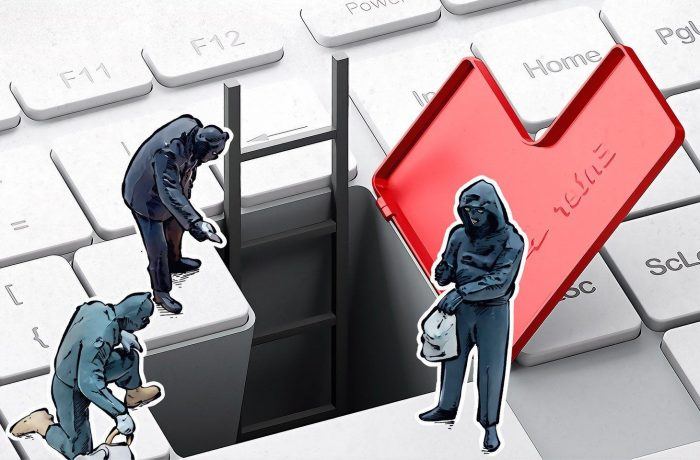
The threat landscape is always evolving. How can you protect your business?

Good news: Our international project No More Ransom was joined by more than 30 new allies, gathered 15 new decryption tools, and was translated into 8 more languages.

As we see from recent news, quantum computing is evolving faster than anyone could’ve expected. What does this mean for us, the average users?

Three months in, we report on the development of No More Ransom and the goals we’ve already achieved.

An overview of the 10-year anniversary of Kaspersky Lab’s fan club.

Internet-trolls are back in the game: 2ch anonymous hacked hundreds devices and streamed video from victims’ homes for the kick of it.

In this post we explain, what’s new in the latest update of the Private Browsing tool and how to use it.

Kaspersky Lab discovered a new banking trojan called Asacub, which had evolved from a simple phishing program into a nearly ultimate threat.
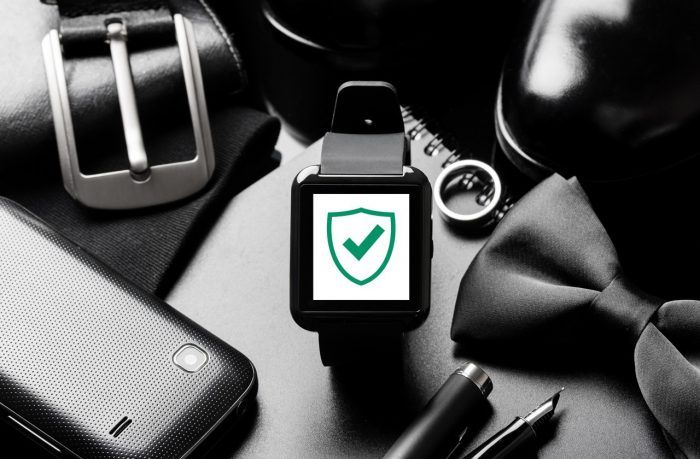
Kaspersky Lab and WISeKey will collaborate to develop security software for wearable devices and the Internet of Things.

In this post there are two seemingly unrelated pieces of news which nevertheless have one thing in common: not that somewhere someone is vulnerable, but that vulnerability sometimes arises from reluctance to take available security measures.
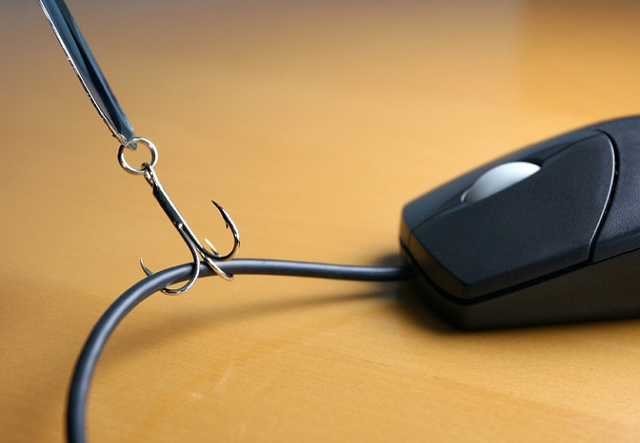
Kaspersky Lab experts detected a sly scheme that allows fraudsters to steal personal data without your login and password.

In 2014 Kaspersky Lab products took part in many tests held by independent research labs. Our solutions achieved more first places than any competitor!

Windows 10 will offer users the ability to authenticate themselves with biometric identifiers rather than passwords